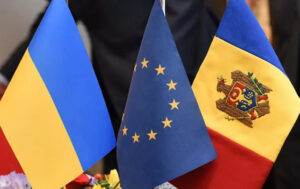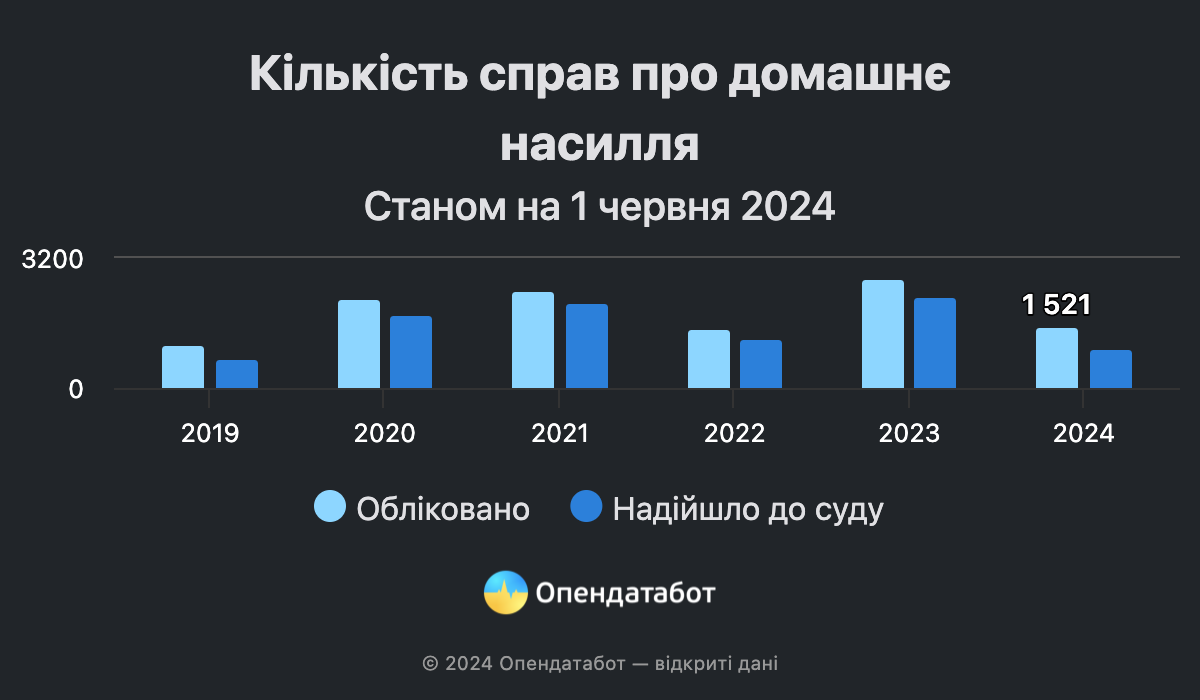
Ukraine’s national team played a 0-0 draw with Belgium in the third match of the 2024 European Football Championship.
In a parallel match, the national teams of Slovakia and Romania also played a draw 1:1.
Thus, all national teams scored four points, but Ukraine took the last place in the group on additional indicators – the worst goal difference.
Romania took the first place in the group, followed by Belgium and Slovakia. All of them will continue playing at the European Championship. Ukraine is eliminated from the tournament.
As reported, the first match Ukraine lost to Romania with a score of 0:3, and in the second – beat Slovakia with a score of 2:1.

The membership negotiations began on Tuesday, a landmark move aimed in particular at signaling a vote of confidence in Ukraine’s future.
The European Union launched accession negotiations with Ukraine and Moldova on Tuesday, June 25, setting the fragile ex-Soviet states on a long path towards membership that Russia has tried to block. The landmark move is aimed in particular at signaling a vote of confidence in Ukraine’s future as Moscow has momentum on the battlefield almost two and a half years into the Kremlin’s invasion.
Ukraine’s President Volodymyr Zelensky called it a “historic day” ahead of the start of talks between officials from Kyiv and the EU’s 27 member states in Luxembourg. “We will never be derailed from our path to a united Europe and to our common home of all European nations,” the Ukrainian leader wrote on social media.
Ukraine and later its neighbour Moldova lodged their bids to join the EU in the immediate aftermath of Russia’s all-out assault in February 2022. The start of the talks marks just the beginning of a protracted process of reforms strewn with political obstacles that will likely take many years — and may never lead to membership.
Read more Subscribers only European Union approves opening of formal accession negotiations with Ukraine
Standing in the way along that journey will be not just Russia’s efforts at destabilisation but reticence from doubters inside the EU, most notably Hungary. But European Commission chief Ursula von der Leyen called the opening of talks “very good news for the people of Ukraine, Moldova, and the entire European Union. The path ahead will be challenging but full of opportunities,” she wrote on X on Tuesday.
So far, Ukraine – represented at the talks by Deputy Prime Minister Olga Stefanishyna – has won plaudits for kickstarting a raft of reforms on curbing graft and political interference, even as war rages. “Today is a historic day for Ukraine and Moldova, but also for the EU,” said Germany’s Europe minister Anna Luehrmann. “Both countries have made enormous progress in the area of the rule of law, the fight against corruption and freedom of the press.”
Complex process
Russia’s war in Ukraine has reinvigorated a push in the EU to take on new members, after years in which countries particularly in the Western Balkans made little progress on their hopes to join. The EU in December 2023 also granted candidate status to another of Russia’s former Soviet neighbours, Georgia. It likewise approved accession negotiations with Bosnia and has talks ongoing with Serbia, Montenegro, Albania and North Macedonia.
The meetings with Ukraine and Moldova on Tuesday will set off a process of screening of how far laws in the countries already comply with EU standards and how much more work lies ahead. Once that is done the EU then has to begin laying out conditions for negotiations on 35 subjects – from taxation to environmental policy.
It appears unlikely that there will be progress onto the next step in the coming six months, when Hungary – the friendliest country to Russia in the bloc – holds the EU’s rotating presidency. “It’s very difficult to say at what stage Ukraine is,” said Hungary’s Europe minister Janos Boka. “From what I see here as we speak, they are very far from meeting the accession criteria.”
The start of the talks resonates powerfully in Ukraine as it was a desire for closer ties with the EU that sparked protests back in 2014 that eventually spiralled into the full-blown crisis with Russia. The talks also come at a tense time in Moldova after the United States, Britain and Canada warned of a Russian “plot” to influence the country’s presidential elections coming up in October.
Wedged between war-torn Ukraine and EU member Romania, Moldova’s pro-Western authorities frequently accuse the Kremlin of interfering in its internal affairs. President Maia Sandu has accused Moscow – which has troops stationed in a breakaway region of the country – of aiming to destabilise Moldova ahead of the vote. “Our future is within the European family,” Sandu wrote on X. “We are stronger together.”
Le Monde with AFP

The Ukrainian national team won 2-1 against Slovakia in the second match of the 2024 European Football Championship.
The Ukrainian team conceded in the first half on 17 minutes from Ivan Shrantz, but in the second half – on 54 minutes Mykola Shaparenko equalized the score after a shot by Oleksandr Zinchenko.
Roman Yaremchuk scored the winning goal on the 80th with a pass from Shaparenko.
As reported, Ukraine lost the first match to Romania with the score 0:3.
In the group stage of Euro 2024 Ukraine will play on June 26 with the national team of Belgium.

Ukraine will play the second match at the UEFA European Football Championship 2024 against Slovakia on Friday.
The match will start at 16:00 Kiev time at the stadium in Düsseldorf.
It will be officiated by a refereeing team from England headed by Michael Oliver.
According to the Ukrainian Football Association (UFA), Ukraine will start with Anatoliy Trubin, Oleksandr Timchyk, Ilya Zabarny, Mykola Matvienko, Oleksandr Zinchenko, Volodymyr Brazhko, Mykola Shaparenko, Hryhoriy Sudakov, Andriy Yarmolenko, Mykhailo Mudryk and Artem Dovbik.
As reported, the first match Ukraine lost to Romania with the score 0:3.
Within the group stage of Euro-2024 Ukraine will also play on June 26 against Belgium.

Fewer and fewer cases of domestic violence in Ukraine go to court
1,521 criminal proceedings under Article 126-1 of the Criminal Code of Ukraine “Domestic Violence” were registered in the first 5 months of 2024, according to the Prosecutor General’s Office. The number of such cases has been steadily increasing, and the percentage of cases that go to trial has fallen sharply this year.
Since the beginning of the year, 1521 domestic violence proceedings have already been opened – 36% more than in the same period last year. Back then, 1121 proceedings were registered. For comparison, in 2021, 1343 such cases were opened during this time.
Currently, an average of 300 such cases are registered per month. For comparison, in 2021, about 200 were opened per month.
The number of cases that go to court has significantly decreased. While in 2022 and 2023, the number was about 83%, this year it is only 64%, the lowest figure in the last 5 years.
This year, more than 1,000 Ukrainians have been served with a suspicion of committing such a crime.
Context:
On June 20, 2022, the Verkhovna Rada ratified “the Council of Europe Convention on preventing and combating violence against women and domestic violence (Istanbul Convention). The document proposes to criminalize and punish violence against women and men.
In May 2024, the Verkhovna Rada adopted Law No. 8329, which prohibits the closure of domestic violence cases, increases the terms of liability, introduces administrative liability for sexual harassment, etc.
https://opendatabot.ua/analytics/domestic-violence-2024-5
